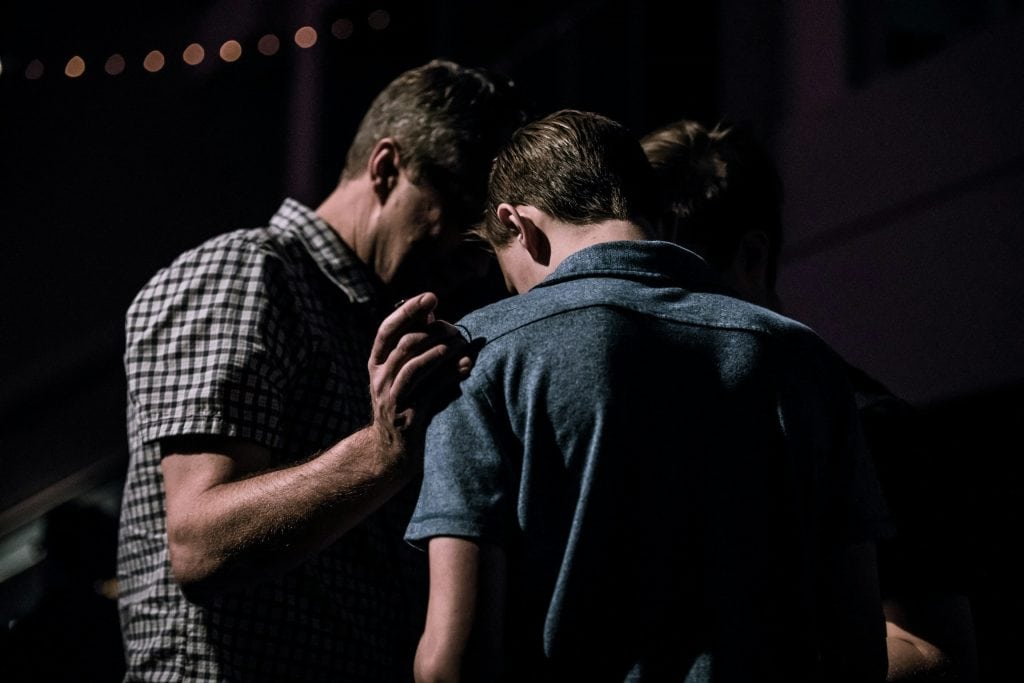In a world fraught with uncertainty, organisers today announced the upcoming National Week of Prayer (NWoP) inviting individuals across the British Isles to return to the foundational practices that have
Faith
Good stress is short-term and motivates you. Bad stress, however, is the kind that wears you out. Fortunately, the best remedy has no unwanted side-effects. After any adventure, rest is
Digital Editor’s note: I’m pleased to welcome Tim Farron as our Sorted Magazine Guest Writer. Tim has been the Member of Parliament for Westmorland and Lonsdale since 2005 and served
My friend is into ‘Astro Photography’. He regularly posts photos taken with a massive tele photo lens. They show the fantastic detail of craters on the moon, or night sky
Unsung heroes is a fascinating, moving, and gripping true story about faith, family and music. Out in cinemas on June 14th this new film from Kingdom Story Studios is a
Live music has always held a fascination for me and this morning I was intrigued by the deep bass sound of a euphonium. I went to investigate. Three cars were
Throughout the UK lockdowns, I often spent my evenings lying down in the house – trusting in God’s care. Suspended in that strange season, I buried my nose in more
I read this book when it first appeared in 1995. Just the title fascinated me. Tender . . . Warrior? Surely a contradiction in terms? Adding great credibility to all
Digital Editor’s Note: I’m very pleased to welcome today’s Guest Writer, Josh Williams (pictured above), a young man from the UK who is currently living and utilising his engineering degree





